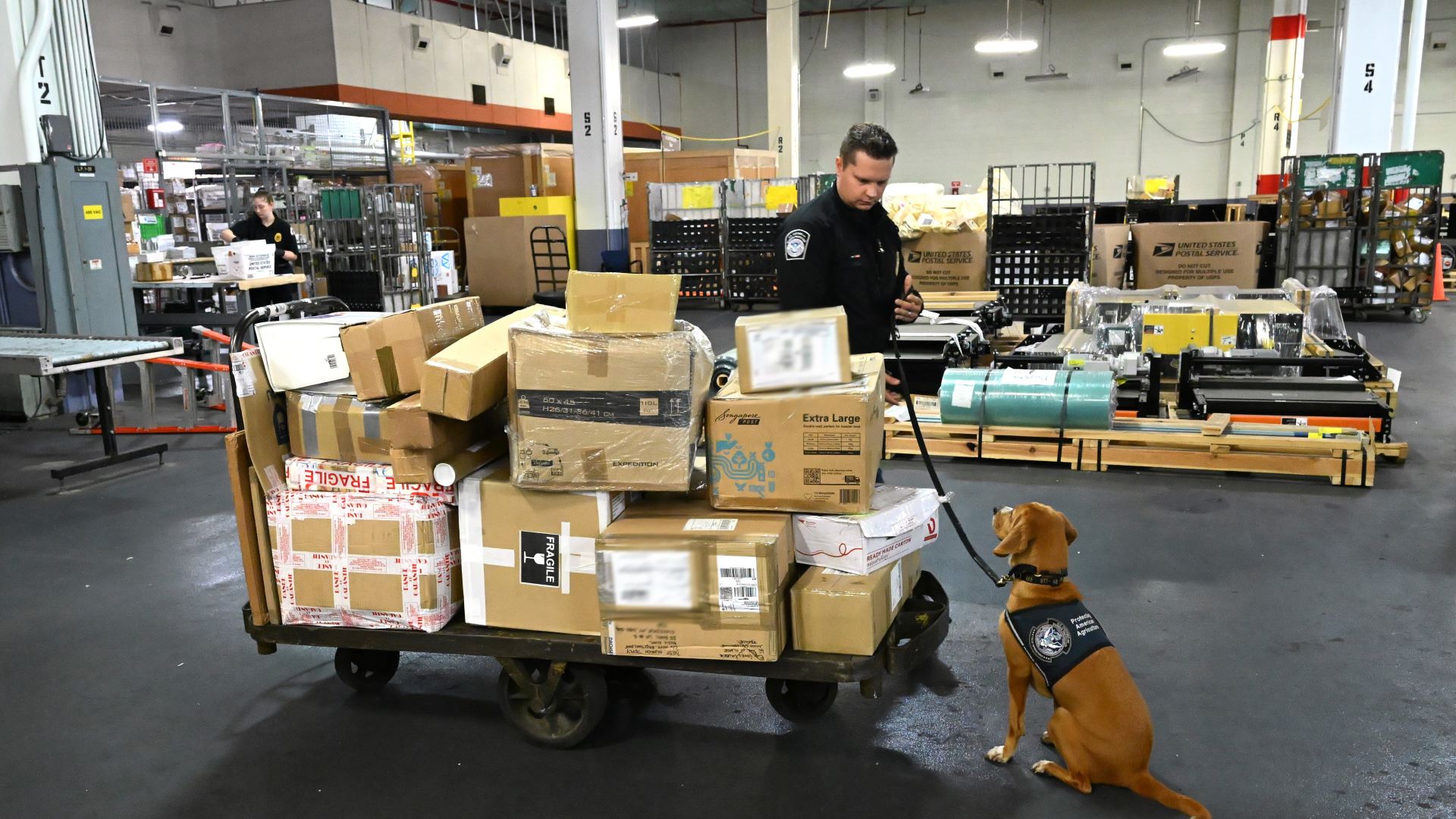
President Donald Trump signed an executive order on Wednesday that ended the ability of low -value goods to enter the United States with a minimum customs processing on August 29, wait two years to wait two years.
Trump said the suspension of commercial privileges for individual packages is needed to prevent the system from using this system to prevent regular tariffs to all countries.
The president eliminated De Minimis’s points earlier this year for small dollar goods shipped from China and Hong Kong. This new policy is forced importers to pay the full tariff for cargoes worth $ 800 or less and the source of all countries.
The decision is a blow to e -commerce retailers, including parent and pop companies that source overseas goods and transfer them directly to online buyers via closed border networks. International and freight forwarding providers are also expected to lose their trade.
The de Minimis exemption, originally designed to reduce the administrative burden on the US customs and protect the borders from the collection of small amounts of tariffs in separate packages, was abused by Chinese online markets and other electronics to carry out direct and direct realization of our warehouses. CBP has said that the De Minimis explosion has surpassed its ability to investigate possible business violations and smuggling illegal products. The agency processes about 4 million Minimis shipments per day.
A beautiful large bill, a large tax package and Trump’s costs adopted at the beginning of the month include the rules that violate the De Minimis law on July 1, 2027.
In 30 days, importers are asked to submit customs declarations and pay tasks and taxes for all imported goods, regardless of value. In many cases, these importers will be people who may prevent the complexity of filling forms or pay higher prices for commodities, especially as the Trump administration continues to work to dramatically increase tariffs in almost all business partners. Earlier this week, the EU tried to accept 15 % of its export tariffs to straighten relations with the Trump administration.
The National Council of Textile Organizations admired Trump’s executive order.
“The mechanism of de minimis has acted as a black box for low-cost, subsidized and immoral imports of Chinese and weakens US textile industry competition-a key contribution to the US labor and economy,” said NCTO chief Kim Glass. “We thank the President and his government for listening, acting and standing alongside American producers and workers. Today’s executive order is a change of game. It recovers justice for US producers, closes a big gateway for illegal and poisonous goods, and puts back homes and employment here.”
Trump was rarely used by the International Emergency Power Act to announce that illegal Fentanyl trafficking from Canada, Mexico and China form a national emergency, even if a few artificial drugs come through Canada. He quickly suspended the sentence until the Bureau of Commerce identified that the CBP had systems to collect tasks from many small shipments. In early May, Trump changed tariffs on low -cost shipments from China and Hong Kong. Since then, TEMU and Shein’s sales in the United States have decreased by 50 % with some estimates.
The executive order says that these systems are now available for processing Canadian, Mexico and other parts of the world as official customs inputs. Trump said the suspension at the Great Minimis Writ was essential as a treatment for the US trade deficit, which he described as a national emergency. In recent weeks, the Trump administration has guaranteed agreements from England and Japan to impose 10 % and 15 % tariffs in order. Most countries are currently operating under the 10 % global tariff that expires on August 1. The United States has threatened to impose two -digit tariffs for other countries that have not reached tariff agreements until that date.
Implementing instructions require air carriers and other transport providers to collect and submit CBP tasks for cargo transferred through the International Postal System because the US Postal Service is not capable of processing inputs through the CBP automatic system.
US -based logistics providers are expected to benefit from the new business policy because retailers need to send inventory and store them in domestic warehouses for realization.
Click here to make most of American transportation/transport stories by Eric Colenish.
Write to Erik Coleich at [email protected].
The house considers the universal de minimis prohibition as the costs of Chinese packages
CMA CGM to invest $ 20b in US transportation, supply chain capabilities